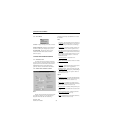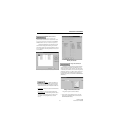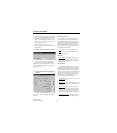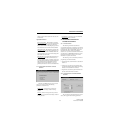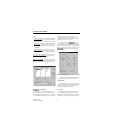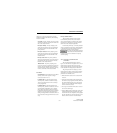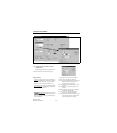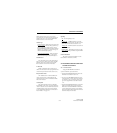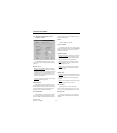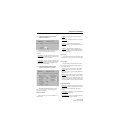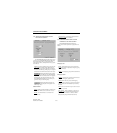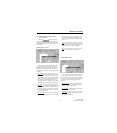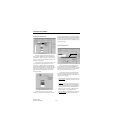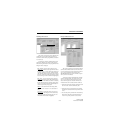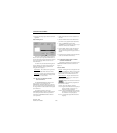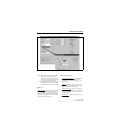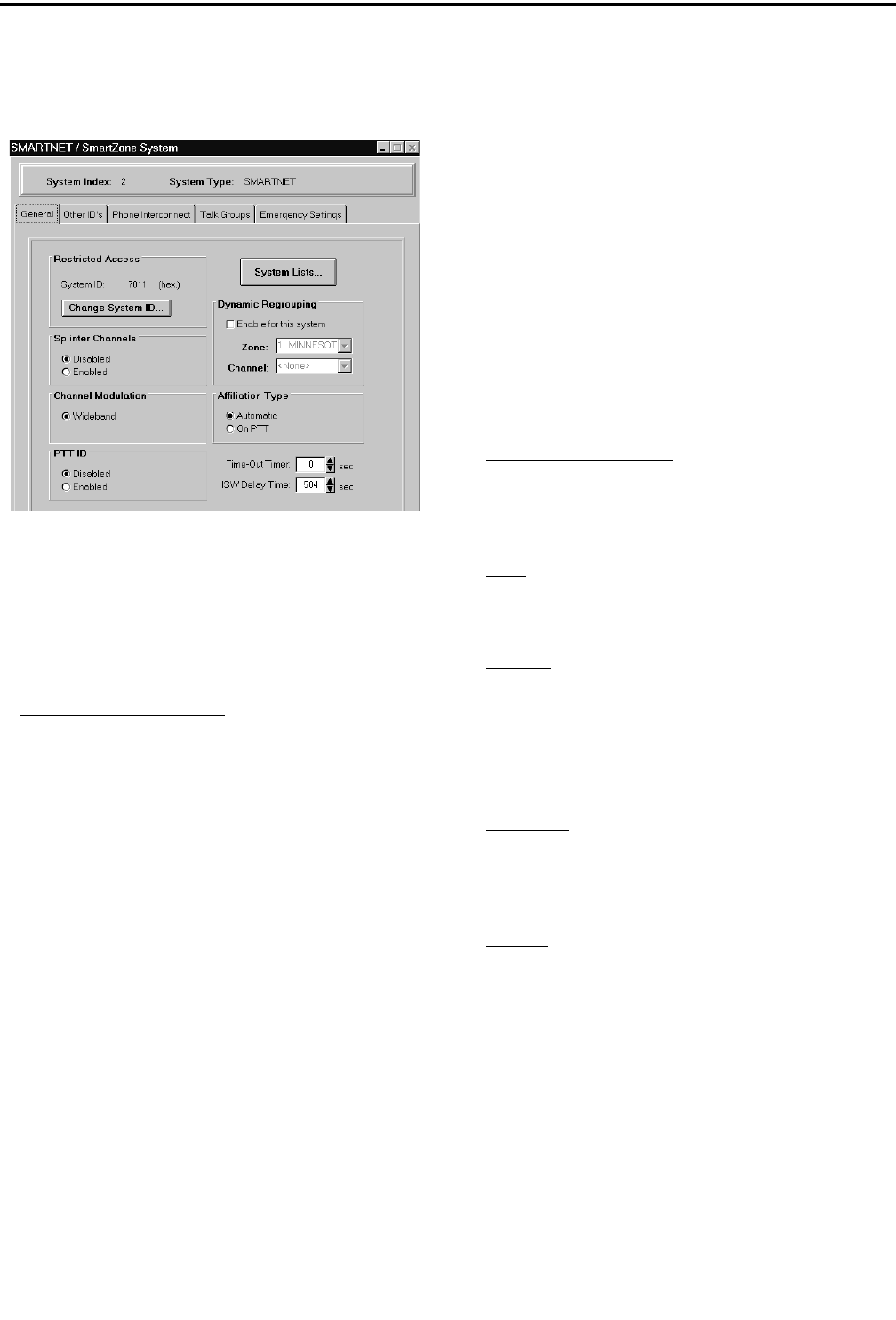
TRANSCEIVER PROGRAMMING
3-14
November 1999
Part No. 001-7780-500
3.6.2 SMARTNET/SMARTZONE SYSTEM
GENERAL SCREEN
The SMARTNET/SmartZone System General
screen is shown above, and it programs the following
parameters:
Restricted Access
Change System ID Button
- Displays the Change
System ID screen which is used to enter the system
ID of the system. This ID is entered as a hexadecimal
number from 0-9 and A-F. Valid numbers are from
0001-FFFF. The system ID corresponding to the
desired ID must also be located in the “key” subdi-
rectory of the program file.
System ID
- Read-only field which shows the ID of
the system currently being edited.
Splinter Channels
When splinter channels are enabled, the receive
and transmit frequencies are 12.5 kHz lower than the
normal frequencies. Splinter channels are used only as
required in the Mexico and Canada border areas for
frequencies between 806 and 820.975 MHz.
Channel Modulation
When “Wideband” is enabled, the radio operates
with a 4 kHz maximum deviation between 821.000
and 824.975 MHz and 5 kHz maximum deviation for
all other frequencies. When it is disabled, deviation is
5 kHz with all frequencies.
PTT ID
Enables or disables the PTT ID.
System Lists Button
This button displays the screens used to program
the various lists that are unique for each SMARTNET/
SmartZone system. Refer to Section 3.6.7 for more
information on these lists.
Dynamic Regrouping
Enable For This System
- When this box is checked,
a dynamic regrouping channel is enabled. This is a
SMARTNET channel which has the corresponding
talk group dynamically set by the dispatcher.
Zone
- The physical zone containing the dynamic
regrouping channel. The value is selected on the
Channel Parameters screen.
Channel
- The physical channel used for dynamic
regrouping. The value is selected on the Channel
Parameters screen.
Affiliation Type
Automatic
- The radio immediately affiliates with the
central controller as soon as it is turned on and auto-
matically re-affiliates each time the talk group is
changed.
On PTT
- The radio affiliates with the central control-
ler only when the PTT switch is pressed.
Time-Out Timer
Programs the time-out timer setting for the
system. It can be programmed for 0 min, 15 sec up to
3 min, 45 sec or it can be disabled (see Section 2.3.9).
ISW Delay Time
Increasing or decreasing this value changes the
transmission timing of ISWs relative to the reception
of OSWs.



